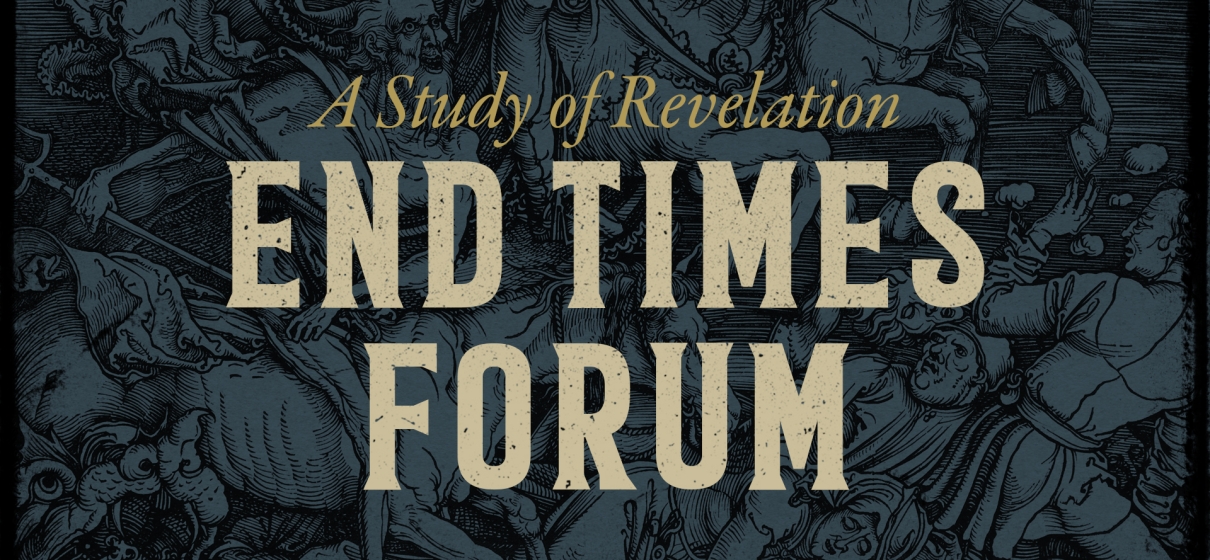As people who can stop at HEB for any food we desire, regardless of the season, a garden holds little appeal for most of us in today’s world.
We prefer flowers or shade trees in our yards instead of plants we can eat.
But to a herding, agrarian culture like the ancient Israelites, food growing freely from a tree wasn’t too far from miraculous. It’s no wonder that when God placed Adam and Eve within the Garden of Eden, he surrounded them with fruit trees.
In the garden, their every need was met. They were protected from every danger. Everything chaotic had been brought under the perfect control of their powerful Creator and ordered for their good.
And in the midst of it all, there were two trees.
When we read the story of temptation in Genesis 3, our attention is drawn to the forbidden tree, by whose fruit humanity fell. But after their sin, the focus shifts:
Then the Lord God said, “Behold, the man has become like one of us in knowing good and evil. Now, lest he reach out his hand and take also of the tree of life and eat, and live forever—” therefore the Lord God sent him out from the garden of Eden to work the ground from which he was taken. He drove out the man, and at the east of the garden of Eden he placed the cherubim and a flaming sword that turned every way to guard the way to the tree of life.
Genesis 3:22-24
Because of their sin, the man and woman were removed from both the presence of God and the provision of the garden.
The curse of the ground meant that never again would all of their needs be met without struggle, and the way to life eternal was permanently barred.
The uncertain and dangerous wilderness stretched before them as their only home.
But Adam and Eve were not left hopeless.
They had been given a purpose: to fill the earth and bring order to the chaos of the world beyond Eden.
They had been given a promise: Eve would bear children, and one of her offspring would deliver them from the serpent’s path of death.
Despite their removal from the direct presence of God, he had not abandoned them.
Humanity slowly cultivated the earth building families and farms, cities and civilizations.
Every effort and achievement was inevitably marred by sin, but the image of the creator still shone throughout.
With each step toward order, each moment of beauty, each development of culture and technology and polity and art, God built a world in which his people could flourish.
A good creation, stained by sin, but bringing glory to him as humans ever sought for the paradise that was lost, collectively crying out for its return.
They shall beat their swords into plowshares,
and their spears into pruning hooks…
but they shall sit every man under his vine and under his fig tree,
and no one shall make them afraid.
Micah 4:3-4
But the desire for Eden went unmet, until a man came to the shores of the Sea of Galilee, proclaiming the kingdom of God. His words were filled with life and hope. His compassion was generous and contagious. His signs were inexplicable and undeniable.
He was like a green olive tree in the house of God, trusting in his steadfast love forever (Psalm 52:8).
He was the righteous one who flourishes like a palm and grows like a cedar, planted in the house of the Lord (Psalm 92:12-13).
He was that man who trusts in the Lord, like a tree planted by water who has no fear when the heat comes and never ceases to bear fruit (Jeremiah 17:7-8).
The presence of God and the provision of the garden had once more come to his people, as Jesus embodied the tree of life perfectly among them.
And in his death on a tree, he made a way beyond the barrier to enter into eternal life. Though the serpent believed himself victorious in the death of the Son, the very one whose identity was Resurrection (John 11:25) could never have been held by the grave.
The source of all our life and hope rose to new life as the firstfruits of all our future resurrections.
In the final chapter of Revelation, John is shown a picture of the future promise, of life without fear under our own vines and fig trees:
Then the angel showed me the river of the water of life, bright as crystal, flowing from the throne of God and of the Lamb through the middle of the street of the city; also, on either side of the river, the tree of life with its twelve kinds of fruit, yielding its fruit each month. The leaves of the tree were for the healing of the nations. No longer will there be anything accursed, but the throne of God and of the Lamb will be in it, and his servants will worship him. They will see his face.
Revelation 22:1-4
The scene is not identical to the Garden but completes and transcends it. The people of God have multiplied and filled the earth with the glory of God, as we were created to do. The garden city has been established, and the tree of life provides eternal health and abundance. No enemies can enter, for the victory of the Lamb over the serpent is complete.
And, if we believe in Jesus, this is the promise: we will be in his presence once more, for the blood of Christ has washed us clean, redeeming and restoring us to the garden of grace and peace forever.
He himself bore our sins in his body on the tree,
that we might die to sin and live to righteousness.
By his wounds you have been healed.
1 Peter 2:24









